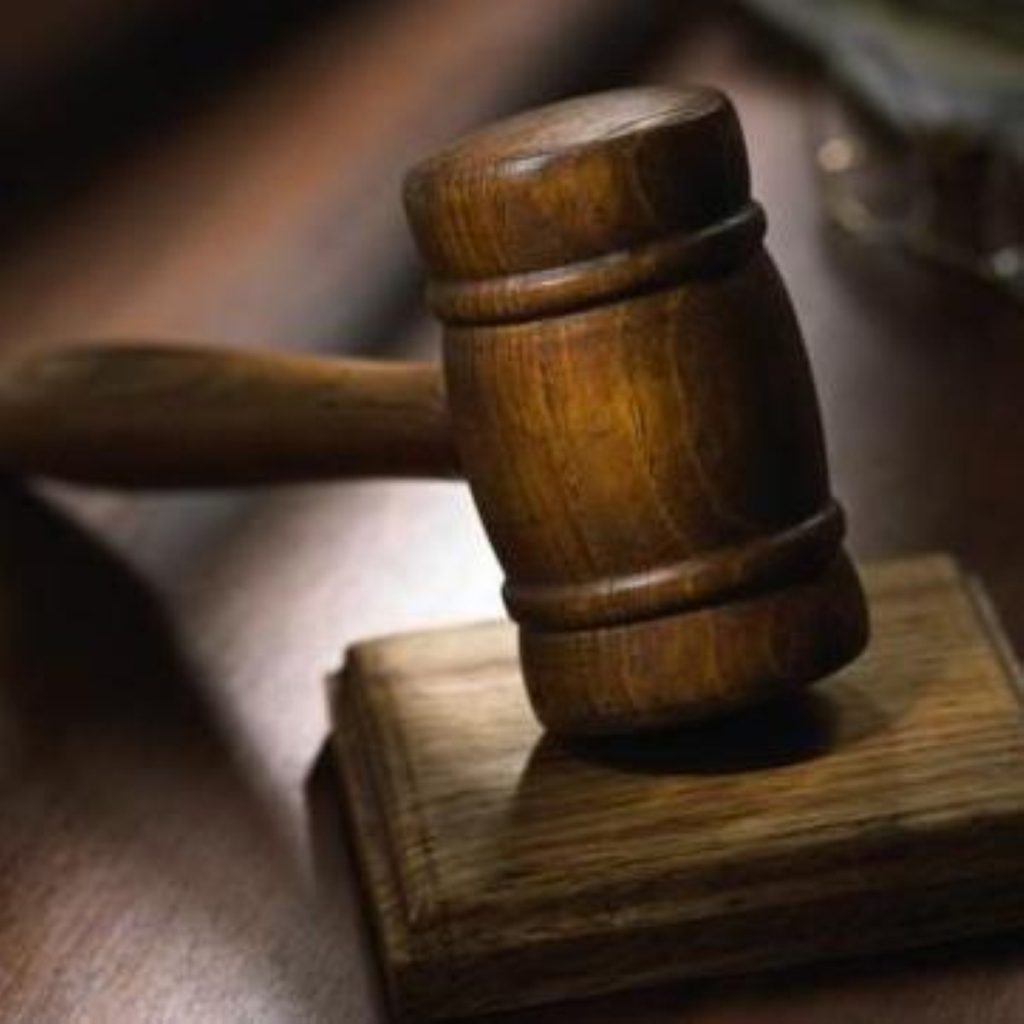MPs debate plans for trial without jury
Controversial legislation proposing to abolish trial by jury in complex fraud cases will be debated for the first time in the Commons today.
The fraud (trails without jury) bill would allow cases to be heard by a high court judge alone, in an effort to improve the way major fraud trials are carried out.
Ministers argue that at present, prosecutors have to limit the amount of evidence put before a jury in the interests of time and the sheer volume of information, which means defendants are not always tried on charges that fully reflect the allegations against them.
They also warn that the kind of people who can serve on the jury lasting months – 18 trials between 2002 and 2005 ran for over six months and eight lasted over a year – means it is not fully representative of society.


However, the Conservatives and the Liberal Democrats have promised to oppose the bill when it has its second reading tomorrow.
A Tory spokesman told politics.co.uk the proposals were an “ineffective, authoritarian, knee-jerk response” to difficulties faced in major fraud trials. And Lib Dem president Simon Hughes has warned the plans would create a “two-tier justice system”.
Calls for a change in the law followed the collapse of the Jubilee line fraud case in March 2005, after 18 months and about £60 million spent. The jury had to be discharged after it was decided that lengthy delays and other problems made a fair trial impossible.
However, critics of the new bill point out the Wooler report into the trial cited the lack of a clear strategy by the prosecution as the main reason for its collapse, not the jury.
Civil liberties group Liberty warned last night that any attempt to limit the right of jury trial would “dangerously undermine public confidence in our criminal justice system”, and urged MPs to vote against the bill.
Policy director Gareth Crossman said: “Fraud cases are not unique in being lengthy and complex – justifications to remove juries from other types of cases are sure to follow.”
The fraud (trial without jury) bill would remove section 43 of the Criminal Justice Act 2003, which only allows trials without juries if both Houses of Parliament agree. Any decision to hold a juryless trial would have to be approved by the lord chief justice.
Home Office minister Joan Ryan said earlier this month: “Let me be clear, trial by jury remains at the heart of the criminal justice system, but it is not right that the greater the scale and complexity of a fraud, the less likelihood there is of a successful prosecution.
“We cannot accept a double standard of easy-to-prosecute petty frauds and unprosecutable major frauds.”












